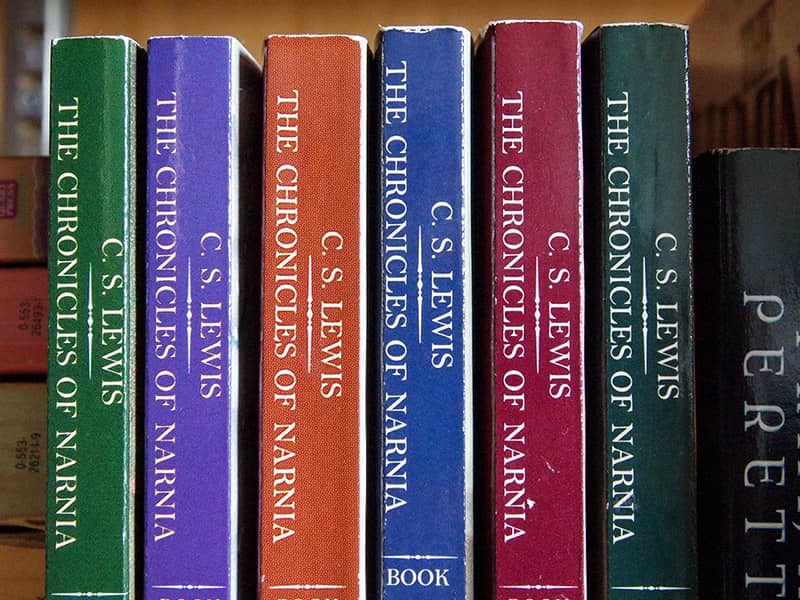The fact that ``The Breakfast Club'' is almost two decades old, or ``Rebel Without a Cause'' was made in 1955, isn't lost on Madison, who uses both films in schools for crisis counseling. ``These movies are still relevant. ... A kid can see an issue isn't new or unique to them. Fighting with parents and peer pressure are timeless issues.''
NEW YORK (AP)--Somehow, some way, children learn about sex, drugs, violence, divorce and death - whether their parents like it or not.
So parents who want to give these life lessons before their kids' playground pals do are always searching for opportune times to have the ``big talks.'' But what if those times never come?
Help for parents may have arrived from a seemingly unlikely source: Hollywood movies.
``Movies are a way to have a serious discussion with your kids without having the serious discussion,'' said Ronald Madison, a psychologist and co-author of ``Talking Pictures: A Parent's Guide to Using Movies to Discuss Ethics, Values, and Everyday Problems With Children'' (Running Press).
The new book is a guide to films' sensitive subjects and age appropriateness.
Many of the movies on the early-childhood list, for 3- to 7-year-olds, are expected, such as ``The Little Engine That Could'' to teach about accomplishment, and ``Toy Story'' about friendship.
Some of the suggested films for teen-agers, however, might seem racy for a young audience: ``The Ice Storm'' identified as a lesson in family life, also examines teen sexuality, marital infidelity and even spouse-swapping, and the violence-filled ``Boyz N the Hood'' is recommended for its coming-of-age story.
``Watching these films alone might be detrimental to children, but watching them together as a family might open up the lines of communication,'' said Corey Schmidt, a 28-year-old writer who collaborated with Madison. ``Kids are going to watch these movies anyway. The best way to safeguard against immoral behavior is to talk about it.''
For instance, Thomas Schumacker, president of Walt Disney Feature Animation, said ``Pinocchio'' (hailed in ``Talking Pictures'' as a lesson in identity and accomplishments) is often criticized because the lead character is not ``a good little boy.'' That's the point.
``The story IS about a bad boy - a boy who misbehaves - and then learns from it,'' Schumacker said.
The same is true of ``Beauty and the Beast,'' in which children learn more from the Beast, who had to right a wrong, than from Belle, the heroine.

